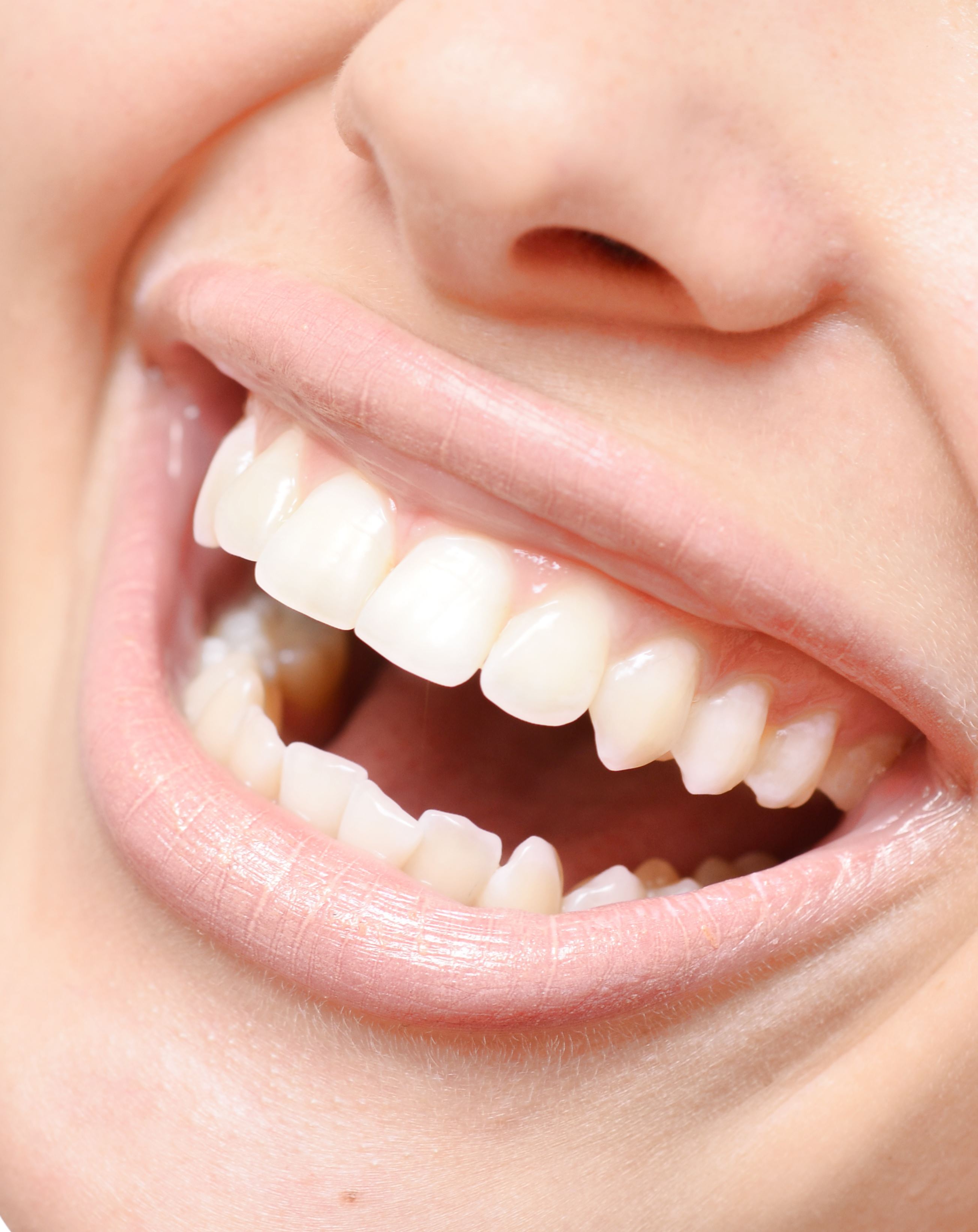781 Centre Road, East Bentleigh, VIC 3165
-
Mon- Fri 8am – 5pm
Many soft drinks on the market have replaced sugars with artificial sweeteners. However, there has been some debate about whether or not these are equally if not more harmful. Some groups and organisations have suggested that artificial sweeteners contribute to weight gain, diabetes, and other conditions often associated with excessive consumption of sugar. This blog post takes a closer look at the safety of artificial sweeteners to determine whether or not they cause harm to children.
Proven to be Safe
Major scientific and regulatory organisations have concluded that artificial sweeteners are safe for children to consume at the approved acceptable daily intake. Such groups include the European Food Safety Authority and the U.S. Food and Drug Administration. Researchers have determined that artificial sweeteners can reduce sugar consumption in children and help manage calorie intake.
No Effect on Obesity
Fears that artificial sweeteners increase appetite and cause obesity are unfounded, according to obesity experts. In fact, they can assist with weight loss when used as part of a weight loss program that addresses problematic behavioural issues.
Manage or Prevents Diabetes
Additional research has revealed that artificial sweeteners are beneficial for those who suffer from type 2 diabetes. They can help them to reduce their carbohydrate consumption, manage blood glucose levels, lose weight, and manage their condition more effectively.
Harmless to Gut Health
The FDA has conducted assessments that suggest artificial sweeteners have no adverse effect on gut health or function. Instead, when consumed in moderation, they can help people manage their sugar and caloric intake.
Call Us Today
Have more questions about artificial sweeteners and why they’re better for your teeth than sugar? Give us a call on (03) 9575 1100 or fill out our simple online contact form to arrange a consultation and get your questions answered.





